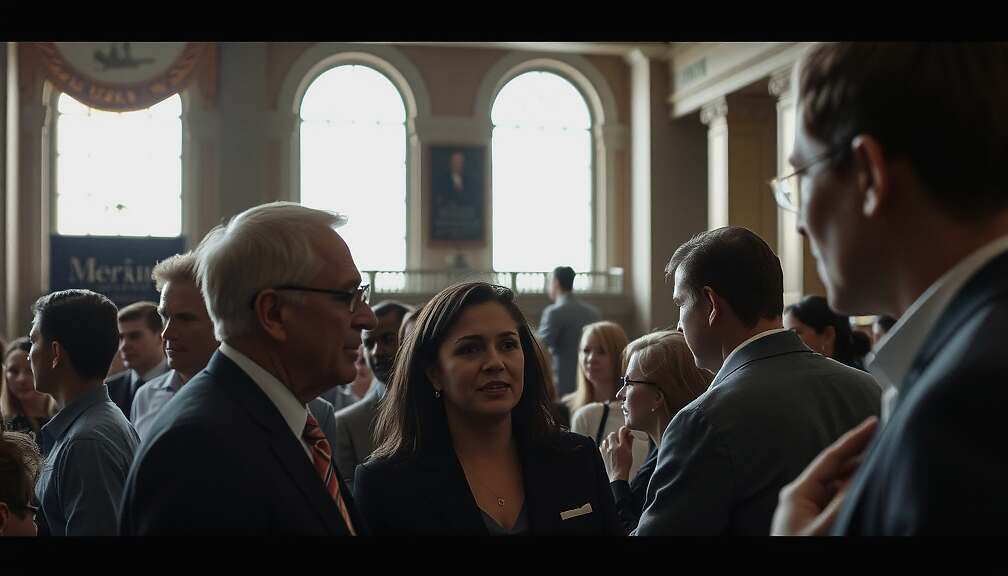The ongoing debate surrounding mandatory military service in Germany has spiraled into what one leading voice of the country’s youth is calling a “political crash landing” echoing the turbulent early days of the current “traffic light” coalition government. Philipp Türmer, chairman of the Jusos, the youth wing of the Social Democratic Party (SPD), expressed deep concern over the disarray surrounding proposed reforms, criticizing the situation as exacerbating existing anxieties among young people.
Negotiations between parliamentary factions of the Christian Democratic Union (CDU) and the SPD had reportedly reached a compromise on military service obligations, a proposal abruptly cancelled on Tuesday amidst internal resistance within the SPD and direct opposition from Defence Minister Boris Pistorius. The core of the controversy lies in a proposed lottery system for conscription, a feature drawing significant criticism.
Türmer voiced frustration with the apparent lack of clarity surrounding the lottery’s mechanics, stating he struggled to ascertain its intended operation and encountered conflicting interpretations. He dismissed the concept as underdeveloped, highlighting a broader systemic flaw.
“We have two constitutionally highly questionable approaches on the table” Türmer told “Der Spiegel”. “One involves a lottery system potentially leading to earlier mandatory service and a reduced number of conscripts. The other envisions increased voluntary commitment initially, which could later extend to a universal obligation”. He unequivocally criticized both options, asserting that significant doubts exist regarding their legality and fairness.
Instead, Türmer advocates for a complete commitment to voluntary military service, dismissing any alternative mechanisms as dangerous and opaque. He argues that attracting individuals through enhanced incentives and a more appealing voluntary program would be a more effective and legitimate means of achieving Germany’s troop strength goals.
“There must be no backdoors, no obscure procedures” he insisted. “We need to focus on making voluntary military service more attractive”. He firmly believes that relying solely on voluntary participation, rather than resorting to controversial and potentially unconstitutional measures, aligns with the principles outlined in the current coalition agreement and best serves the interests of young citizens. “This chaos, at the expense of young people, must end now. We need a clear line fully committed to voluntary service”.












